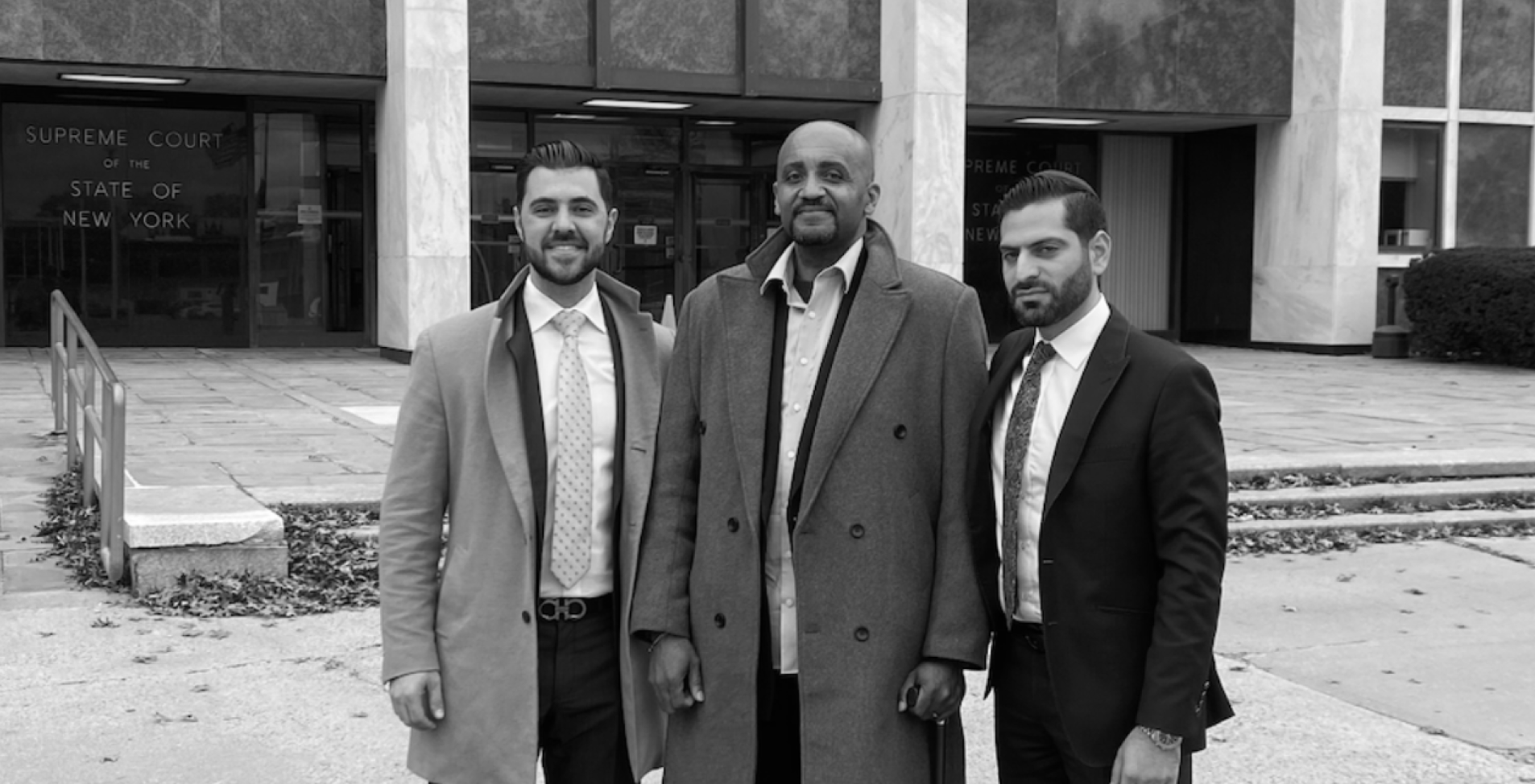On August 20, 2013, our client, a 52-year-old male, was riding a scooter when he was rear-ended by a bus. The collision caused catastrophic injuries, including:
- A pelvic fracture requiring external fixation and sacroiliac screw placement
- Extraperitoneal bladder rupture following pelvic trauma
- A left clavicle fracture and four-sided rib fractures, leading to pneumothorax (collapsed lung) and hemothorax (blood in the chest cavity)
- Flail chest that impaired his ability to breathe
- A concussion due to traumatic brain injury
After spending nearly three weeks in the hospital, he faced a grueling road to recovery, including extensive rehabilitation to relearn basic life skills like walking and self-care to a limited capacity. Following his release, our client lived at home under the care of his mother, who supported him until her passing. Left to live alone, he struggled with severe pain, physical limitations, and the emotional toll of his disabilities, rarely leaving his apartment.
How Voldz Law Delivered Results
When it came to liability, both sides were focused on one thing – the video of the accident. Despite the defense initially winning summary judgment, we overturned the ruling on appeal.
To present a compelling narrative, we used an accident reconstruction video to show the jury different views of the accident in more detail.
Jury Selection Strategy
The key moment occurred when we asked the jurors to keep an open mind as to asserting 100% fault against the defendant as we “strongly disputed liability.” In other words, we established the key theme that the plaintiff had done nothing wrong; it was the defendant bus driver who was not paying attention. This argument resonated with jurors and laid the foundation for the verdict.
Other Trial Strategies
We believe the amount of time we spent preparing the client for the trial made the biggest difference to the outcome. We conducted in-depth preparation, visiting his home to photograph his living conditions and showcase his daily struggles. This showed the jury how the victim was incapable of living alone.
We highlighted the client’s several psychiatric disorders including bipolar schizophrenia, to demonstrate the extent of his suffering. There were times we thought the client would get up and punch me in the face while we were prepping him with difficult cross examination! He didn’t do so, but there were times when he didn’t wish to engage with me.
We established an emotional connection with the client by spending time with him outside the office and really getting to know him. This helped us show to the jury what he was going through due to the defendant’s negligence. Before the results were announced, the client thanked me deeply for the effort I put in and simply being there for him as a friend.



